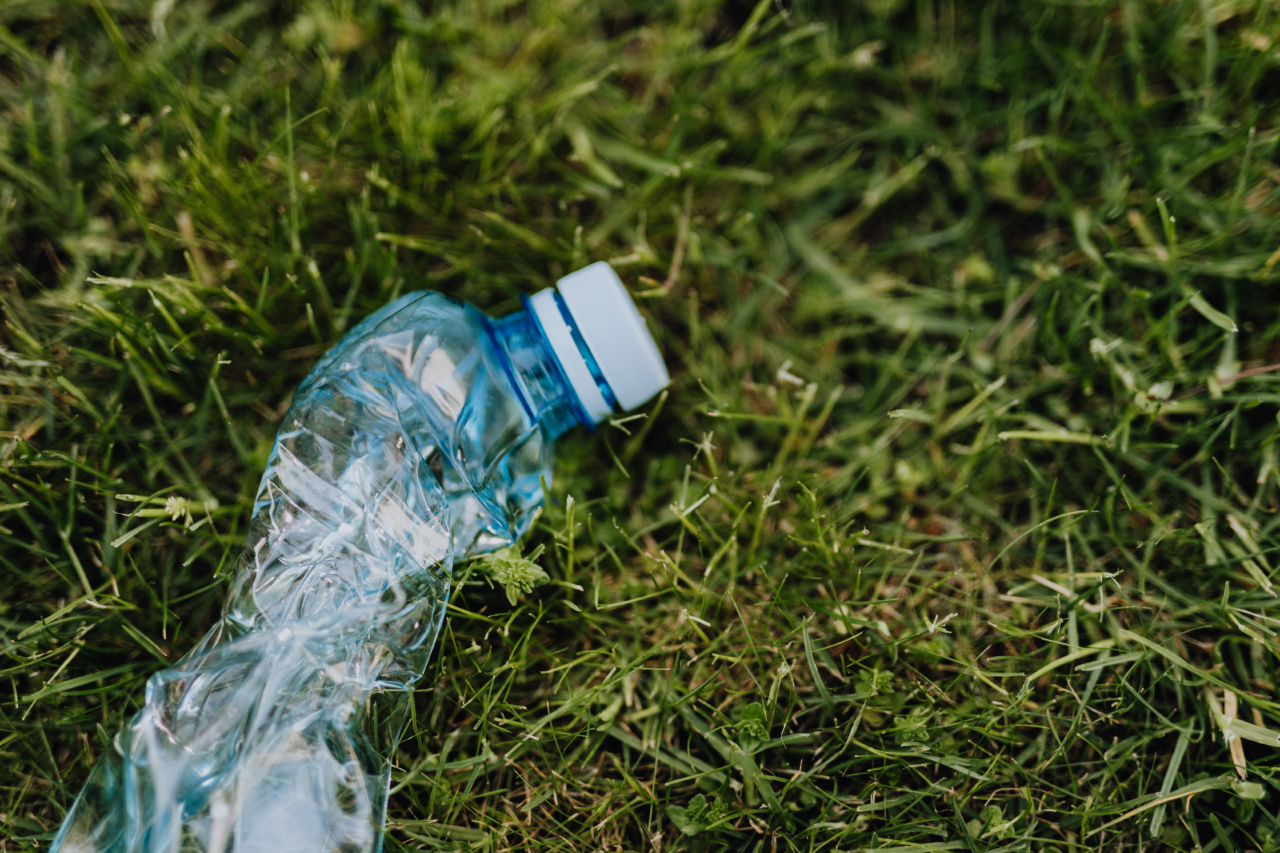Pregnancy is a critical phase of life when the growth and development of a baby take place. During this time, expectant parents try to ensure the best possible conditions for the health and well-being of their unborn child.
However, one factor that can significantly influence fetal development is pollution, which can have harmful effects on the baby even before birth. In this article, we will explore the risks that pollution poses to unborn babies and what can be done to mitigate these dangers.
What is Pollution?
Pollution refers to any harmful substances or particles that are present in the environment, which can cause negative effects on human health and the planet.
This includes toxic chemicals, waste materials, and other pollutants that are emitted from human activity such as transportation, industry, and energy production. Pollution can affect air quality, water quality, and soil quality leading to health problems such as respiratory illnesses, cancers, and birth defects.
How Does Pollution Affect Unborn Babies?
Pregnant women and their developing fetus are particularly vulnerable to the harmful effects of pollution.
The toxic substances present in the polluted air, water, and land can easily enter the mother’s body and cross the placenta to reach the developing fetus. Exposure to pollutants during pregnancy can lead to a range of health problems for the unborn baby, including:.
1. Premature Birth
Pollution exposure during pregnancy can increase the risk of premature birth, which is defined as birth before 37 weeks of gestation.
Premature babies are at increased risk of developing health problems such as breathing difficulties, feeding problems, and infections. In addition, premature birth can also lead to long-term health problems, including developmental delays, learning difficulties, and behavioral problems.
2. Low Birth Weight
Pollution exposure has also been linked to low birth weight in newborns. Low birth weight is defined as birth weight below 5.5 pounds and is a major risk factor for neonatal mortality and morbidity.
Babies born with a lower birth weight are also at increased risk of developing health problems later in life, such as heart disease, diabetes, and obesity.
3. Congenital Disabilities
Pollution exposure during pregnancy can increase the risk of congenital disabilities in newborns. Congenital disabilities are physical or mental abnormalities that are present at birth.
These can include heart defects, neural tube defects, and cleft lip and palate. Congenital disabilities can lead to long-term health problems, developmental delays, and disabilities.
4. Cognitive and Behavioral Problems
Pollution exposure during pregnancy can affect the developing brain of the fetus and increase the risk of cognitive and behavioral problems later in life.
Children exposed to pollution during pregnancy are at increased risk of developing attention-deficit/hyperactivity disorder (ADHD), autism spectrum disorder (ASD), and lower IQ scores. These cognitive and behavioral problems can have a lifelong impact on the child’s academic, social, and emotional development.
Reducing Pollution Exposure During Pregnancy
The negative effects of pollution on fetal health underscore the importance of reducing exposure to pollutants during pregnancy. Here are some steps that expectant parents can take to reduce pollution exposure:.
1. Avoid Second-hand Smoke
Secondhand smoke is a major pollutant that can lead to a range of health problems for both the mother and baby.
Pregnant women should avoid exposure to secondhand smoke to reduce the risk of premature birth, low birth weight, and sudden infant death syndrome (SIDS).
2. Avoid Outdoor Air Pollution
Outdoor air pollution can be particularly harmful to unborn babies. Expectant mothers should avoid spending time outdoors during peak pollution times, such as during heavy traffic or poor air quality days.
They should also choose routes that avoid heavily trafficked areas and wear a mask when outdoor air is polluted.
3. Use Natural Cleaning Products
The chemicals present in many cleaning products can be harmful to the developing fetus.
Pregnant women can reduce their exposure to these chemicals by using natural cleaning products such as vinegar and baking soda instead of products that contain harsh chemicals.
4. Eat a Healthy Diet
Eating a healthy diet during pregnancy can boost the immune system and protect the fetus from the harmful effects of pollution.
Expectant mothers should choose fresh fruits and vegetables, whole grains, and lean protein to get the nutrients that are necessary to promote fetal health and development.
Conclusion
Pollution can have harmful effects on the health and development of unborn babies. Expectant parents need to be aware of the dangers of pollution and take steps to reduce their exposure to harmful pollutants.
By avoiding secondhand smoke, outdoor air pollution, using natural cleaning products, and eating a healthy diet, expectant parents can reduce the risk of the negative effects of pollution on the health of their unborn child.





























